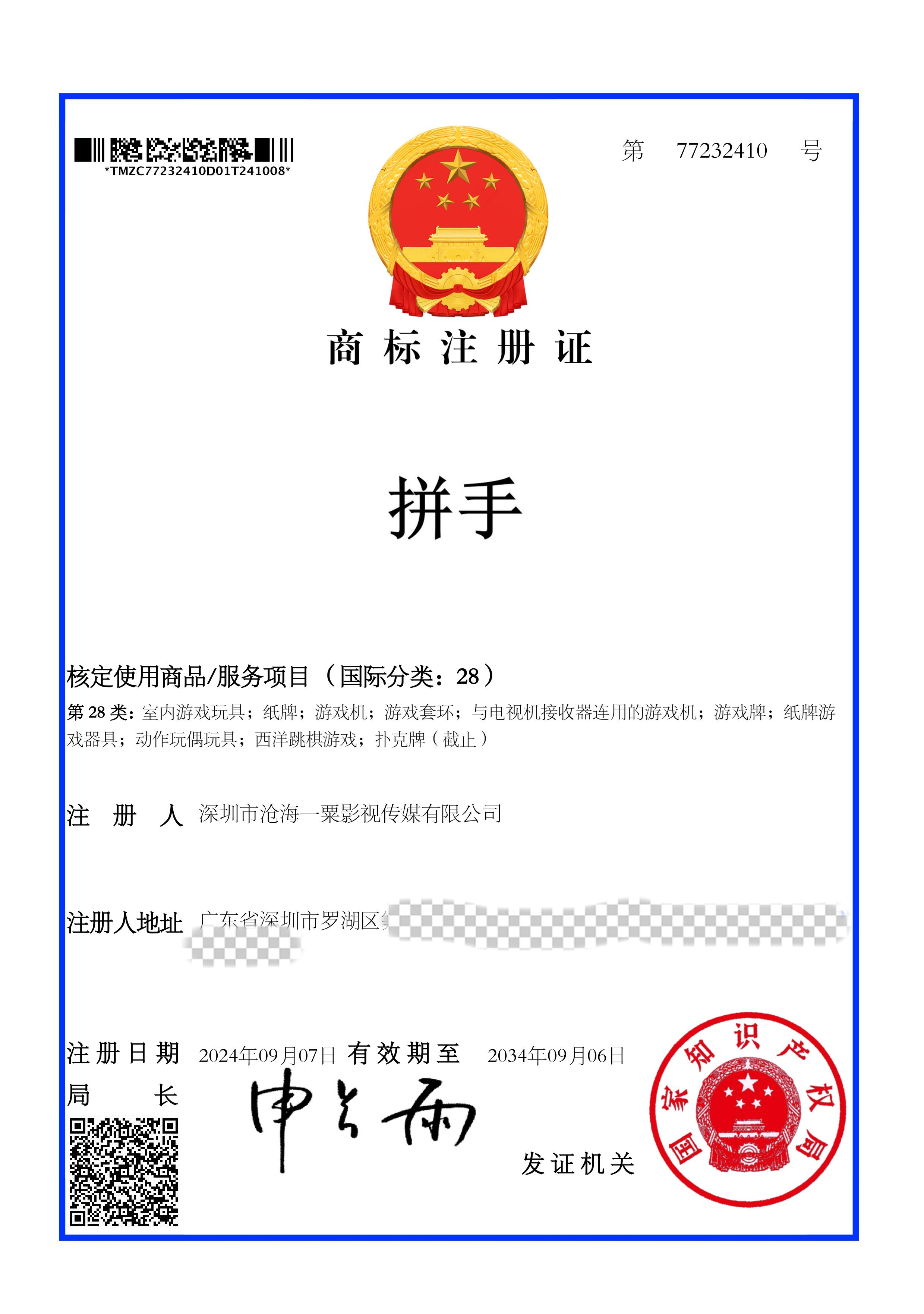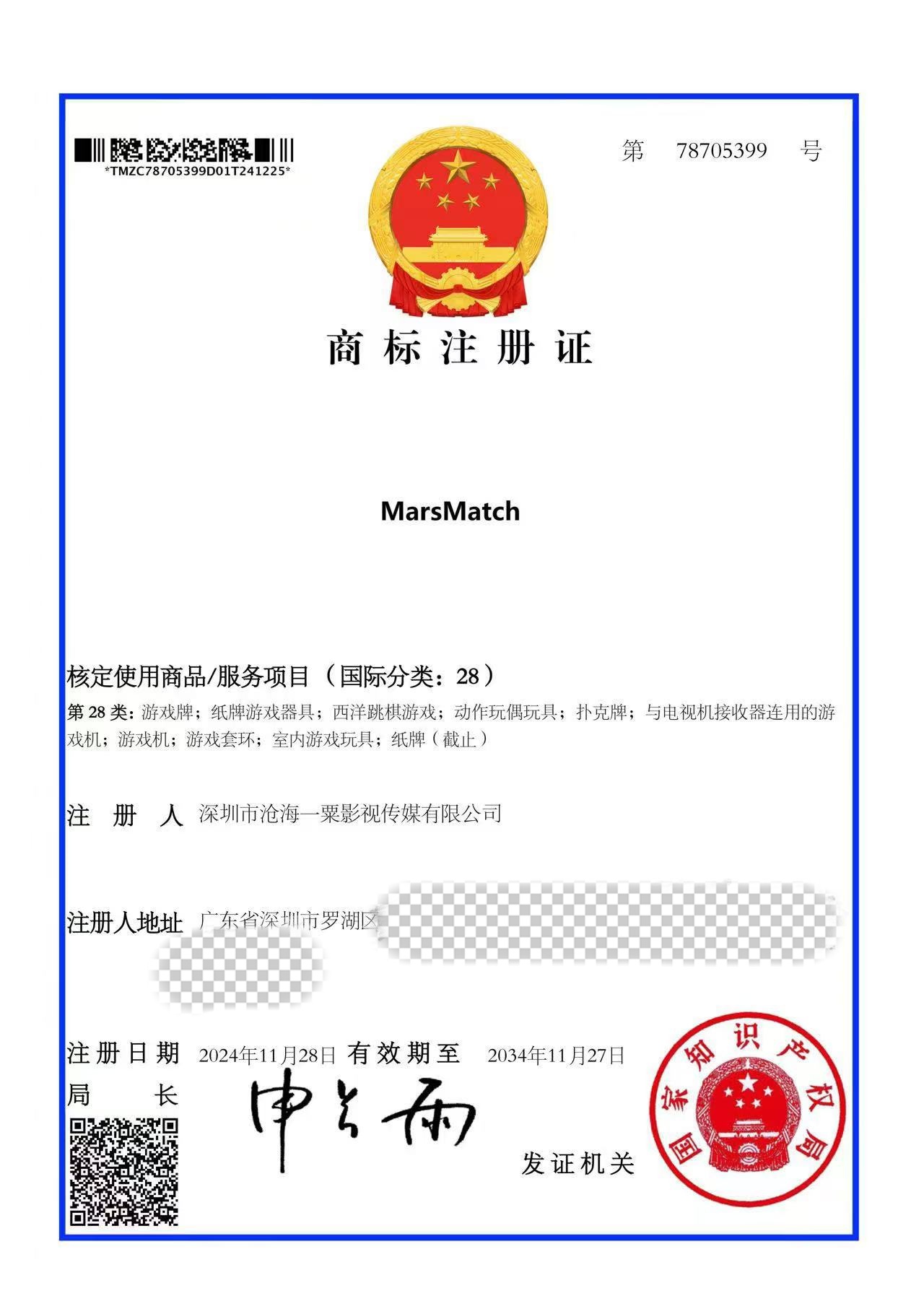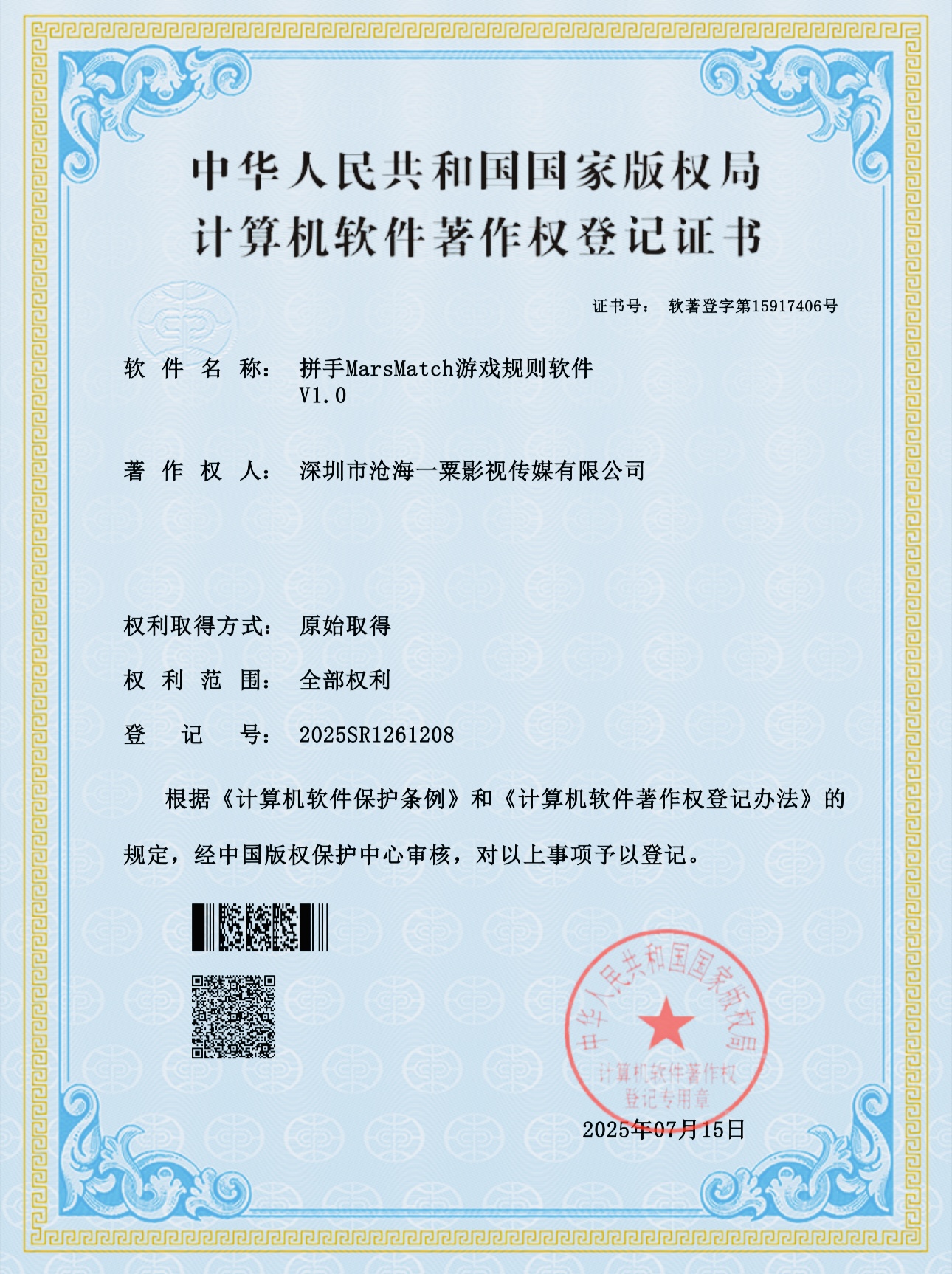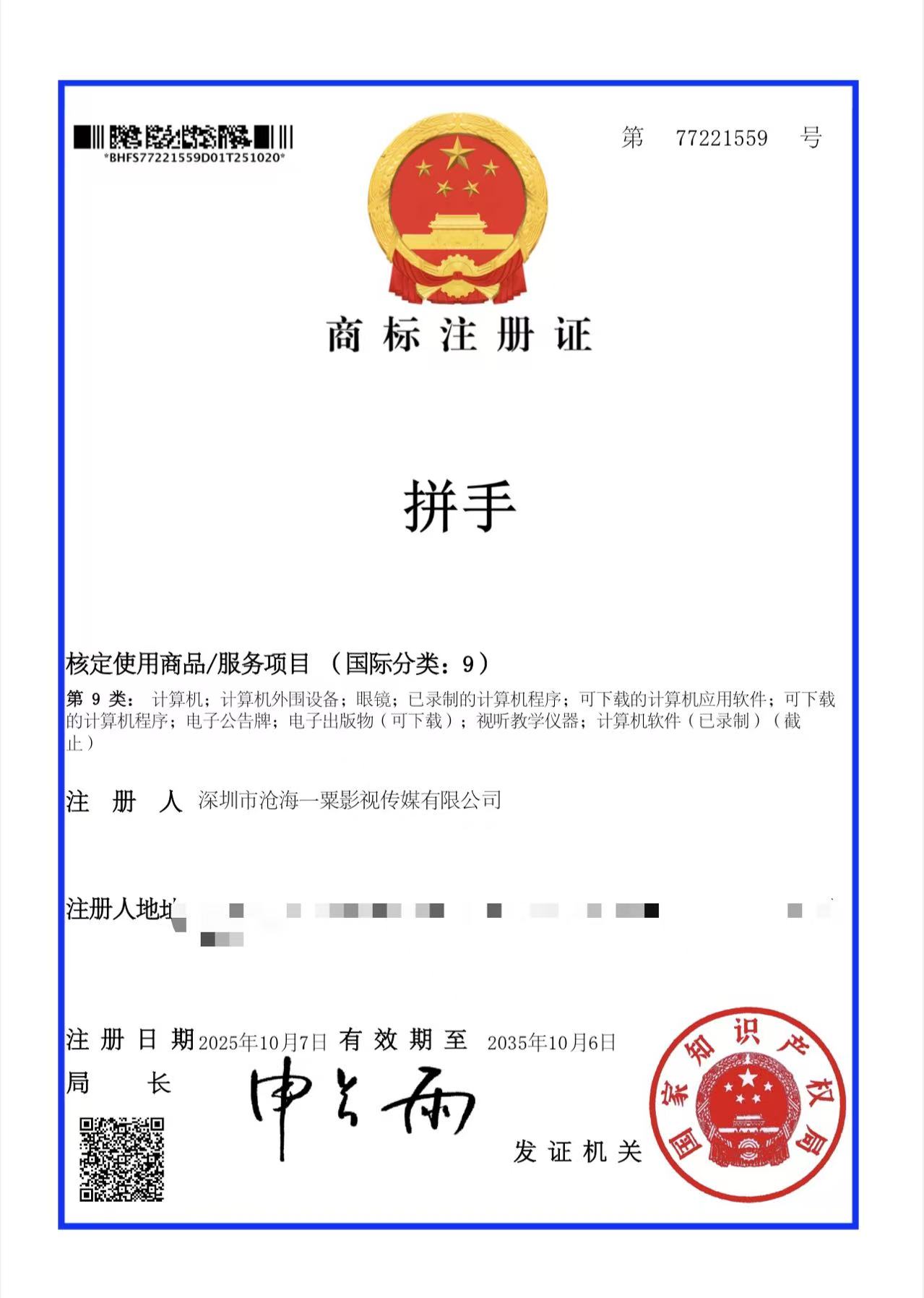

Values and Philosophical Implications of "MarsMatch" Game Rules
1.Power Constraints and Purity → Authority of Core Rules
A/ Rule Reflection: Jokers (Red/Black) cannot pair with other cards; a single Joker can only pair with one card or one pair (no "2" allowed).
B/ Metaphor: Foundational rules are immutable; special combinations require strict conditions (e.g., UFO requires "Four Heavenly Kings").
C/ Universal Example: The strategic irreplaceability of the "Tengen" position in Go.
2.Collective Power of the Marginalized → Quantity to Quality
A/Rule Reflection: The "3" is the weakest single card, but six 3s form a Star Chainfor instant victory, symbolizing unity-driven rebellion.
B/ Metaphor: Small units aggregate to create transformative energy (e.g., ant colony intelligence, blockchain consensus).
C/ Universal Example: Bees collaboratively building hexagonal honeycombs.
3.Flexibility and Limitations of the Middle Tier → Adaptive Dynamics
A/ Rule Reflection: The "2" (wild card) substitutes non-core cards but cannot pair with Jokers or replace natural-number combinations (e.g., Starships/Drones).
B/Metaphor: Systems need elasticity to adapt, akin to enzyme-substrate specificity in biochemical reactions.
4.Randomness and Fair Competition
A/ Rule Reflection: Each player receives 54 random cards, mirroring life’s unpredictable starting conditions.
B/ Metaphor: Inequalities in birth (e.g., family background, geography) coexist with transparent rules and strategic freedom.
C/ Universality: Embodies "equal opportunity" in education and free markets.
5.Order and Collaborative Logic
A/ Rule Reflection: Strict card combinations (e.g., Starships require four-of-a-kind sequences; Drones require natural-number groups).
B/ Metaphor: Specialized social roles ensure systemic stability.
6.Absolute Transparency and Fair Play
A/ Decentralized Authority: All players are equal; outcomes depend solely on rules and probability.
B/ Rules as Contract: Automated validation ensures impartiality, eliminating human bias.
C/ Technological Neutrality: Encrypted, distributed ledger systems prevent tampering.
Rule Design | Metaphorical Meaning | Universal Example |
Joker pairing restrictions | Stability of core mechanisms | Go’s "Forbidden Point" rule |
Star Chain/UFO instant victory | Threshold-breaking aggregation | Hydrogen bonds forming ice crystals |
"2" as wild card | Systemic fault tolerance | Redundancy checks in computing |
Natural-number combinations | Immutable foundational logic | Axiomatic consistency in math |
Random card distribution | Uncontrollable initial conditions | Chaos theory in meteorology |
1.Top Layer (Jokers) → Ultimate Rule Module
Function: Final arbitration (e.g., UFO’s four-Joker requirement mirrors multi-signature cryptography).
2.Middle Layer ("2" Wild Cards) → Adaptive Buffer
Function: Dynamic gap-filling (e.g., AI’s dropout techniques to prevent overfitting).
3.Base Layer (3s) → Grassroots Potential
Function: Mass-driven transformation (e.g., MapReduce in distributed computing).
1.Systemic Consistency
A/ Mathematical Proof: Heavenly Hand probabilities decay as player count rises.
B/ Real-World Parallel: Traffic systems balance order (red lights) and flexibility (emergency lanes).
2.Cultural Universality
A/ Eastern Wisdom: Go’s "Golden Corner, Silver Edge, Grass Center" spatial strategy.
B/ Western Logic: Chess’s pawn promotion as a rebellion mechanism.
C/ Tech Perspective: Neural networks’ nonlinear activation functions.
1.Design Principles
A/ Isolated Decks: No shared card pool eliminates collusion risks.
B/ Unmanipulable Wins: Heavenly Hands rely purely on initial randomness; no strategy alters their odds.
C/ Structured Constraints: All plays must follow preset combinations (e.g., validated sequences).
2.Innovation Incentives
Breakthrough Award: Recognizes players who propose rule optimizations.
"MarsMatch" constructs a microcosm of society through its rules, reflecting these core values:
1.Sacred, Constrained Power: Ultimate rules preserve order.
2.Grassroots Rebellion: Collective action reshapes hierarchies.
3.Middle-Tier Boundaries: Flexibility within limits prevents systemic collapse.
4.Collaborative Order: Rules and roles underpin efficiency and justice.
5.Anti-Cheating Fairness: Independent decks, automated validation, and transparency ensure "rules as justice, probability as fate."
6.Rule Laboratory: A sandbox for players to experiment with parameters, turning the game into a tool for studying complex systems.







